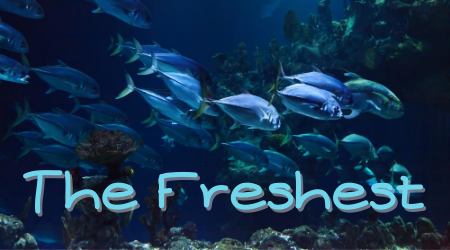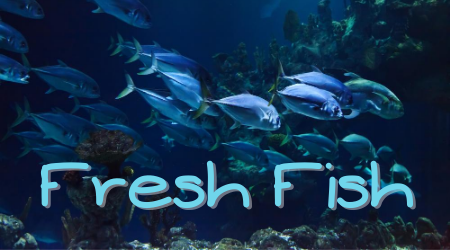The Eshadra had been wearing masks long before the Empire had discovered them.
At first (for a long time, actually), the Empire, or at least the Imperial would-be scholars1 who attempted to treat with the Eshadra2 believed that the masks were simply a guard against the weather. After all, the Eshadra lived in a cold, dry climate which was unbearable on the naked face and would quickly rip ones lungs to pieces without some sort of filter; in this weather, the Imperial explorers gladly took the gifted face-masked, lined with the softest fur, and did not ask too many questions.
Of course, in that time and in that place, they were not inclined to ask questions as much as they were to make assumptions anyway. The Eshadra greeted Imperial people only in the small front room of their houses – houses which Imperial people first thought were that small, little huts built into mountainsides. When they realized the huts were only the fronts of the home, they assumed that the Eshadra cloistered their women.
When they realized a few of the Eshadra they’d been talking to were women, they assumed then that the Eshadra cloistered some women. Perhaps there was an exception for certain trades? By this point, there were certain trades that the Empire, if not all its client components, had declared were to be open to people no matter their gender or rank.
Meanwhile, they had studied the form of the masks, the style of them, and realized that there were patterns of beading on the outside, or fur trim, or embroidery, or all three. They asked what the decorations meant, belatedly, but because they did not understand the answer, they assumed it was superstition and chalked it up as such.
One particularly interested scholar, who was unnoted in their own time but later considered remarkable, asked more questions.
The scarf, ah, the fleoioa-
ffle-e-o-ioa-a, the guide corrected. Helloanei was, according to this scholar – we will call them by the name the Olleaiaelloa gave them here, Loearanni3, the-story-bringer – not only a willing guide and very quick to pick up both Imperial Standard and (as the Imperial folks learned later than they expected), several of the home-tongues, Helloanei was also an attractive and clever young woman and an amazing hunter.
Ffle-e-o-ioa. This wards off demons. The ice?
The ice is one demon. See here, these lines here. If I need to take a mask, this mask tells me it protects me the most from cold. But if I am sick, this mask here, it keeps the sickness demons from bothering others. And this one, if I visit a sick relative, see?
they all have a similar central pattern.
ah, well. Here, Loearanni’s notes tell that Helloanei laughed. Well, when one is covered head-tip to toe-tips, those tell people who one is.
Ah. What do ours say?
yours, yours says Lo-e-ar-ran-ni, that is, story-bringer. The others,. and here she giggled. One can tell from Loearanni’s notes that already the Imperial scholar was smitten. The others, they all say ‘stupid stranger’. That tells us that we should make sure they stay away from steep cliffs and wild dogs and not let them go into the desert alone.
Her, Loearanni’s notes say “I did my best in Helloanei’s language to thank her for her care to my idiot kinfolk.”
Loearanni was the first, as far as we can tell, to connect the Eshadran demons to then-speculative theories on disease transmission. Loearanni was also the first to be able to document the ceremony with which an Eshadran removed their face mask.
For many years, Loearanni was called a liar, among less kind things – because the notes on this said when Helloaneei began to remove her mask, she explained matters to me which are secrets in the Olleaiaelloa and in the Hafeallo as well. I will not relay these secrets, but I will say: if an Olleaiaello-eh-a takes off their mask for you, take it very, very seriously indeed. There is no more serious thing for their people.
It would have done the whole world a great deal of good if more in the Empire had heeded this. Less than a century later, the Empire found itself in a tricky situation when an Emperor demanded that the Eshadran envoy remove his mask in the presence of the Emperor.
Due to some careful verbal footwork by the translator, seeking to avoid offence, the Eshadran envoy took this as a request, which led to the envoy believing the Emperor had just proposed marriage.
And ever since, the Eshadra have been part of the Empire.
1 The scholars of this point were not the Informers. The Informers were already a nascent organization, but they would not reach the Eshadra for many years yet.
2 from a word in the home language of one of those scholars, which referred to mythical ice demons; they called themselves the Olleaiaelloa.
3 While the reasons for such will not be clear here, we can state this one: that this is the name that Loearanni themselves preferred in later days.



This story brought to you by:
Current events, gasp
Listening to Today I Found Out, something about Miasma Theory, and something similar (it all sort of merges togther)
The Inuit, although not directly.








